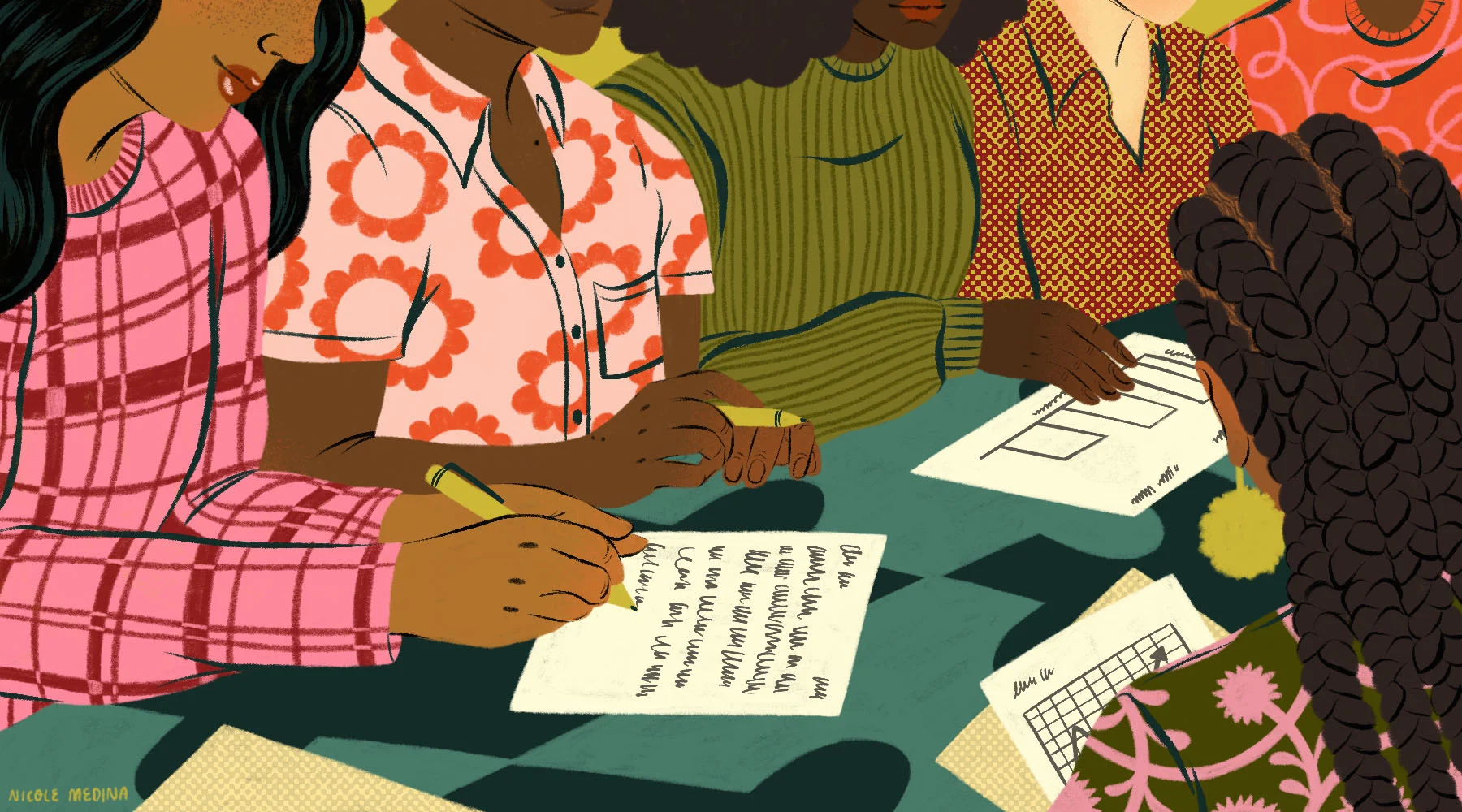Big Cartel's Accessibility Audit
- 5 April 2021
- BySarah Anderson

As Big Cartel approaches its 16th birthday (can't wait for that drivers license so we can take our friends to get milkshakes and french fries), we've been doing a lot of introspection and growing up. Part of this looking inward is thinking about how we can better serve our diverse community of shop owners, and accessible tools are an important component of this work.
What is accessibility
With accessibility, we're talking about ensuring there are no barriers that prevent people from accessing and using their Big Cartel shop. That means if you have a disability or impairment, we don't want that to stand in the way of you having an online store.
Practically, that means that text should be large enough and high contrast enough that someone with low sight can read it (dark grey backgrounds with purple text aren't gonna work here). Images should have captions or alt-text so that screen-reading software can help everyone have a similar experience. Important details shouldn't be delivered audibly only, because folks with hearing disabilities would miss out. If websites and software are doing their job right, all users have equal access to information and functionality.
There are basic legal requirements for accessibility for a business like ours, and while Big Cartel meets those standards, we want to take things further. Enter: an Accessibility Audit with Nicolas Steenhout.
Meet Nicolas Steenhout
Nicolas Steenhout has over 25 years of experience as a web accessibility expert. Nic began his career as a web developer, and quickly encountered issues that weren't being widely considered and fixed. Images weren’t being properly announced to people who are blind; video-only tutorials didn’t account for people who are deaf; over engineered webpages made it impossible for those with ADHD to engage. While the 90s were an exciting time to be online for many of us, many people were being left out.
Now Nicolas works as an independent accessibility consultant, and he's in the early stages of reviewing Big Cartel. Testing begins with a manual review of our tools across multiple browsers, using assistive technology to determine how usable Big Cartel is for people who use things like screen readers regularly.
We'll receive a list of any issues Nicolas uncovers, along with an explanation of why and for whom it's a problem. That's great for educating our team on pitfalls to watch out for in the future, and people to keep in mind as we build, revise, and expand our offerings. After all, you don't know what you don't know.
Fluent in accessibility
Another piece of Nicolas's process is a day of training for our team, including an introduction to disabilities and a plan for addressing accessibility at all stages of a project: from planning and designing a new feature, to effectively testing the finished product. While we don't expect to know everything after a single day of training, the Big Cartel crew should have a solid foundation for knowing where to start, and knowing when we need to call in experts to check our work.
Big Cartel has a few years to go before it can get a tattoo without its parents' permission, but we're excited about growing up. And we think it's pretty dang adult to care about people with disabilities or limitations. In the spirit of transparency and communication, we'll let you know about any major changes or updates we make in the name of accessibility.
Article header image created by illustrator Nicole Medina.
5 April 2021
Words by:Sarah Anderson
Tags
- Share
